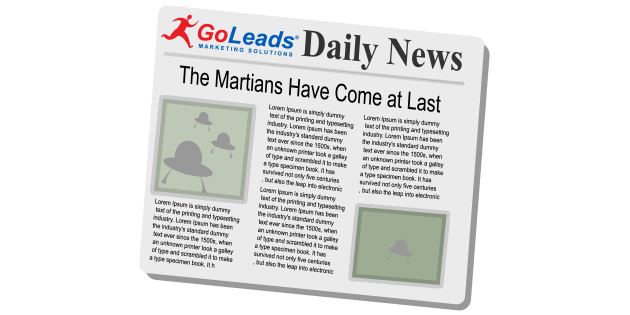Look around stores, restaurants and other businesses and you will see examples of humans being replaced by machines. From self-serve kiosks at the airport to self-checkouts at the grocery store, there are many instances where humans are no longer needed. According to many experts, this is a trend that is here to stay.
But certainly some jobs are machine-proof, right? After all, you can’t expect a robot to write content. Or can you? Writer Suzanne Lucas was so intrigued by this prospect that she decided to find out for herself. In her article, This Post Was Written by a Robot, Lucas discovered that a robot can indeed write content. The problem is, it isn’t very good. Here are a few lines from one robot’s article:
Hiring employees is really a beginning to creating a strong workforce. High employee turnover costs company owners in time and productivity. Offer a competitive rewards package that suits your personnel requires.
That’s not to say that writing-robots are completely useless. For example, Lucas says that such programs or tools can help an inexperienced writer come up with ideas and can offer some options for putting keywords into different contexts. Other than that, let’s just say that Lucas isn’t worried about losing her job to a robot anytime soon.
It’s not a bad deal if you’re willing to do some editing and your focus is on getting content available for search engines. If your focus is on getting people to read, love, and share your content, hire a human.
Quality content connect, educates and inspires. Something a writing-robot has yet to achieve.





